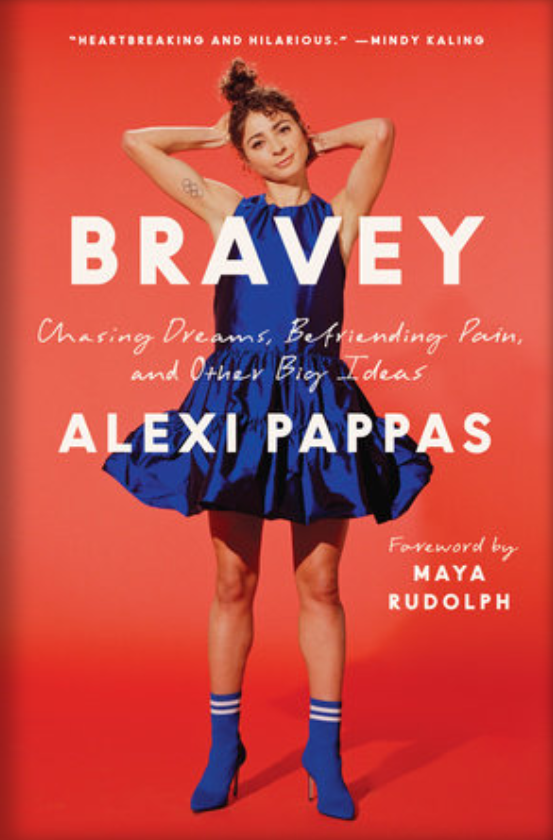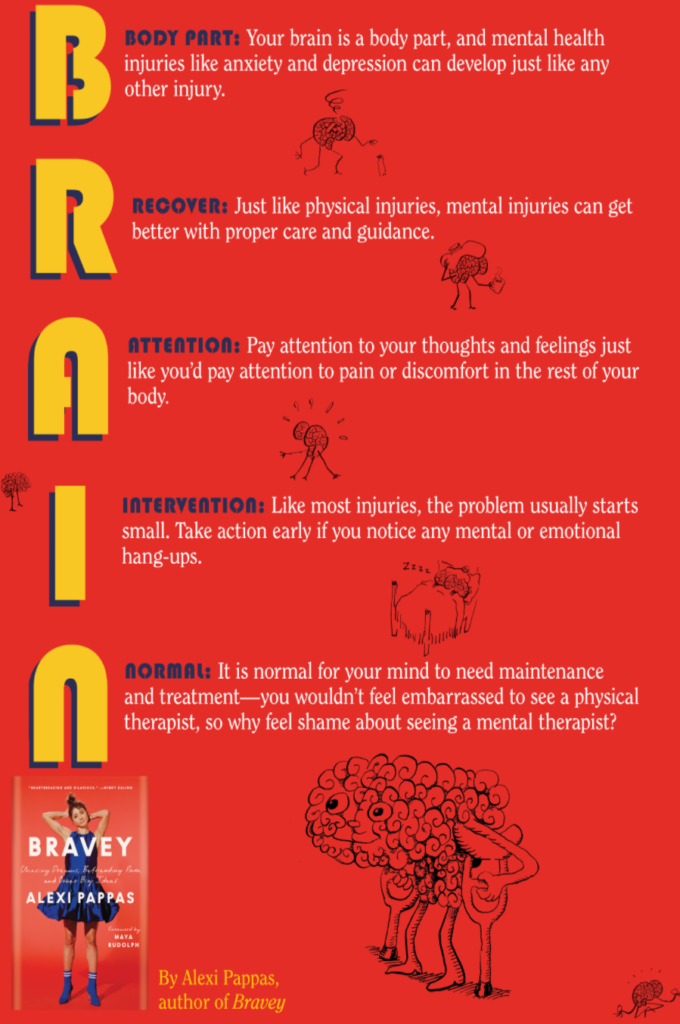COVID, week 55 + orange tier, hybrid ed *maybe*, + vaccines for all
Admittedly, it was nice to not write about COVID for a couple weeks, though in its absence, a lot seemed to happen. Some weeks are so slow on this front, and others are so fast; it’s very disorienting. I have very little hope that my messed-up-since-March-13-2020-sense-of-time will be able to recover, quickly, and once again be able to discern how different a day, a week, or a month feels from each other. We’ve been in this Twilight Zone phase for a while now. It’s hard to tell which dimension we’re in.
The biggest news around here is that last week, the governor announced that as of 4/1, Californians who are 50+ years old would become eligible to receive a vaccine, and as of 4/15, all Californians 16+ years old would become eligible.
IT’S WHAT WE’VE BEEN WAITING FOR ALL ALONG!!!!
Pop the champagne, and put on some fancy pants because hot damn, the day is finally (almost) here.
Of course, the machinery behind this varies tremendously county-by-county; I have similar-aged friends — who reside in different counties, an important distinction — who have been or will be able to get their vaccine earlier than I can mine. It’s all good; there’s nothing salty or bitter coming their way from my standpoint. I live in a county with ~2 million people, and in a city with a little more than 1 million; it’ll be a while before it’s my turn.
That said, in the interim, I feel like I’m playing the lottery every morning when I open up SCC’s COVID page, navigate to the various “make an appointment” slots under the different providers, and hope with bated breath that there is availability posted on or after 4/15. Perhaps unsurprisingly, there isn’t yet, and when I called the SCC Health Department over the weekend for clarification on the matter — and waited on hold for about 33 minutes, if memory serves — the county, itself, hasn’t yet gotten any directions from the state or better clarification on when all these millions of vaccines (and their corresponding supplies) will be arriving.
(A quick aside to note that yes, I was calling for clarification on Sunday morning, but I was also calling because I wanted to talk to a human about my observations. Around 6am on Sunday, as I was getting ready for my run, I noticed that there were vaccine appointments that day — many of them, actually — over at Levi’s Stadium in Santa Clara. There weren’t any appointments closer to me, but over there, about 20 minutes away, there were tons. I’m not yet eligible, nor do I plan to lie about my status, but I had to ask someone from the county what the protocol was here: aren’t shots in arms the most important goal right now? If there’s an available vaccine spot same day, is it ok to take it since no one else has? The answer: hard no. Mystery solved.)
So…moving on and continuing to wait, go I.
In a strange but understandable way, I feel like I’m getting a dopamine hit every morning when I go through this weird song-and-dance routine on the SCC site, hoping that with each refresh, That Which I Seek will finally be granted to me.
I’m expecting to be let down on a daily basis, at least through 4/15, but I’m hyped up on the mere chance that something, some date, will become available for booking soon after the 4/15 eligibility pool opens.
It’s like the strangest, most competitive, yet best race I have ever wanted to be a part of.
—
Perhaps more immediate than the likelihood of my getting vaccinated is in-person, hybrid schooling in my children’s district beginning — and its machinery seems comparably complicated.
A few weeks ago, the district surveyed all parents and essentially asked us two questions: first, if given the opportunity to return to school for a hybrid set-up for the rest of the school year — where your child would attend in-person school on Monday/Tuesday or Thursday/Friday — would you send your child? Or would you prefer that your child finishes the school-year in a 100% distance learning set-up? The second question: would your answer change if your child’s teacher changed (meaning if your child weren’t guaranteed to have the same teacher for the rest of the school-year that he/she has had since August, would you change your answer)?
The initial survey results expressed that an overwhelming majority of respondents — close to sixty percent — said they’d opt for completing the ‘20-21 school-year in a distance learning format. We, collectively, weren’t committed to our initial answers, however, since the school board of trustees were meeting a few days later and would possibly be discussing a return-to-reopening schedule.
Long story short, the board did what I suspected they would, and now families get to make more decisions. The board decided that some students (based on grade, between the elementary and middle school levels) would be able to return to in-person, hybrid schooling the week of April 19th, while others would be able to return the following week, April 26th. That would mean, at maximum, if families opted for the hybrid option, students could potentially have 13-14 in-person, REAL LIFE schooling opportunities for the rest of the school-year.
But wait, there’s more! More recently, by this week yesterday (IIRC), families were asked to declare their intentions (but not being wed to them) of sending their children in for the hybrid set-up or keeping them in distance learning, knowing that students would potentially have only ~7 weeks’ worth of twice/weekly in-person schooling opportunities between when they’d start, in mid-to-late April, to when the year would end in early June.
Beyond that though, the new board-issued schedule — which has yet to be agreed upon by all the various unions, if I’m understanding this all correctly — is that all students in the district, regardless if they’re doing in-person hybrid or 100% remote through the end of the school-year, would be doing morning work, break, and lunch from home, remotely. If your child is doing in-person hybrid, the student would only come to school for the afternoon session, on your assigned two days a week, ostensibly for a couple hours, max.
Suddenly, if you’re a family opting for hybrid for the rest of the school-year, that means your child will be interfacing with/at school for like three, maybe five hours a week, over two days, max, unless they qualify for supplementary, assistive services on Wednesday. That’s it.
Families still aren’t locked in to their choices that they expressed as of 3/30, but I think it’ll be really fascinating how and whether our local district can pull this off. I’m in no way faulting or criticizing the board or anyone at all here because it’s a huge calculus to make — not only in terms of the obvious health and safety aspects, yes, but also the (for lack of a better term) opportunity costs that families will have to make if they choose to send their children.
Many families can’t swing part-time, afternoon-only, twice-a-week school schedules due to their restrictive work schedules. Even if some families want to have their children in-person schooling right now — for whatever reason — their employment circumstances may preclude it (and here, it’s important to note that there’s no bussing in our district. Families drop-off their kids or walk them in). Plus, families have to wonder if it’s even worth it? to take the risk, time, and hassle (during the middle of a work day) for their child/children to get a little bit of in-person school time.
Everything about this is so maddeningly difficult, and it’s no one’s fault.
It makes me wonder if in some way, the local district is hoping to deter families from choosing in-person hybrid for the final 5-7 weeks of school while simultaneously saying that they at least offered it, as I’m guessing it all affects the funding that the governor has dangled in front of districts statewide (which, related, I feel is fairly unethical, but what do I know).
Oh! I’m a thousand words in by now and have failed to mention that SCC has entered into the ‘orange’ tier, as of 3/24, which means that more is open than before, that there are fewer restrictions than before, that occupancies can be higher than they have been, but that — importantly! — we aren’t out of the woods yet and could backslide if a lot of people make a lot of poor decisions.
If you’re not dizzy with this deluge of details and information yet, please share with me your robotic ways because I am genuinely impressed. Seriously.
I hope you are staying healthy and well and safe and that you are at least adequately navigating all these weird-ass uncharted and ever-changing waters. The seasickness some days just sucks, eh?

